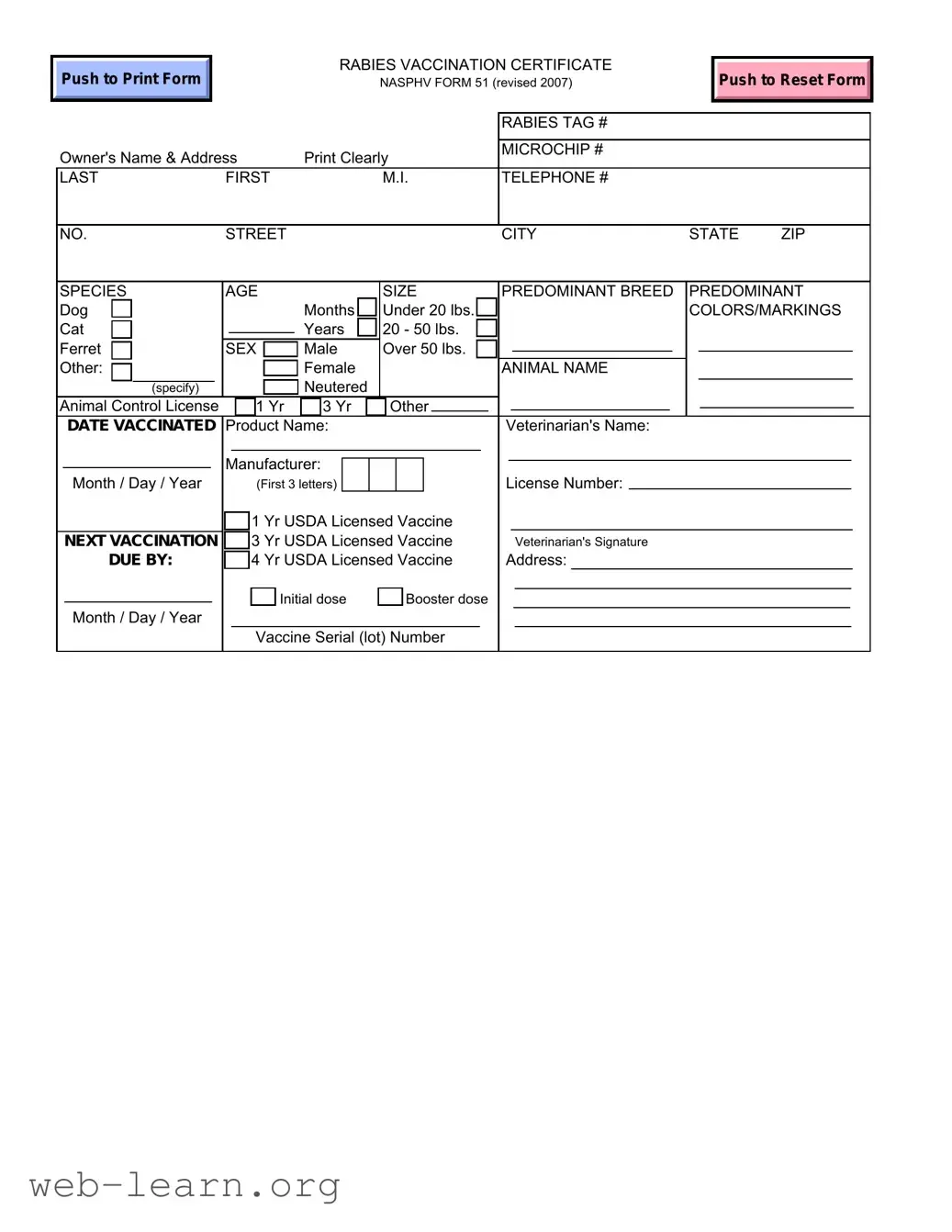1. A rabies certificate is not necessary for all pets. Some pet owners believe that all pets, regardless of species, require a rabies certificate. However, rabies vaccination regulations vary by state and species. For instance, cats and ferrets might not need a rabies certificate in certain areas.
2. The rabies certificate is the same as the vaccination record. Many individuals confuse the rabies certificate with the vaccination record. While the vaccination record documents all pet vaccinations, the rabies certificate specifically confirms that the animal has been vaccinated against rabies.
3. All rabies vaccinations are valid for the same duration. The duration of rabies vaccination validity can differ based on the vaccine type and local regulations. Some vaccines are effective for one year, while others may last for three years or longer.
4. Only dogs need to be vaccinated against rabies. A common misconception is that only dogs require rabies vaccinations. In reality, many states require that cats, ferrets, and other animals also receive rabies vaccinations.
5. A rabies certificate can be obtained without a veterinarian. Some individuals believe they can fill out a rabies certificate on their own. However, a veterinarian must perform the vaccination and provide the certificate to ensure its validity.
6. If a pet is vaccinated once, they are protected for life. Not all pets are immune for life after a single vaccination. Booster shots are necessary to maintain immunity against rabies, and schedules vary depending on the vaccine type.
7. Microchipping is optional for rabies certification. Many assume that microchipping their pets is not required for obtaining a rabies certificate. However, some jurisdictions may require identification via microchip to boost tracing should a rabies exposure occur.
8. The rabies certificate does not expire. There is a belief that rabies certificates are permanent. In truth, they do have expiration dates and must be renewed according to vaccination schedules to remain valid.
9. All veterinarians issue rabies certificates. It is mistakenly thought that any veterinarian can issue a rabies certificate. In fact, vets must be accredited to provide these certificates, and they must also adhere to state-specific rules.
10. Rabies vaccination is unnecessary for indoor pets. Some pet owners feel their indoor pets are safe from rabies and do not need vaccinations. However, rabies can still pose a threat to indoor pets through exposure to wildlife or other unvaccinated animals.

